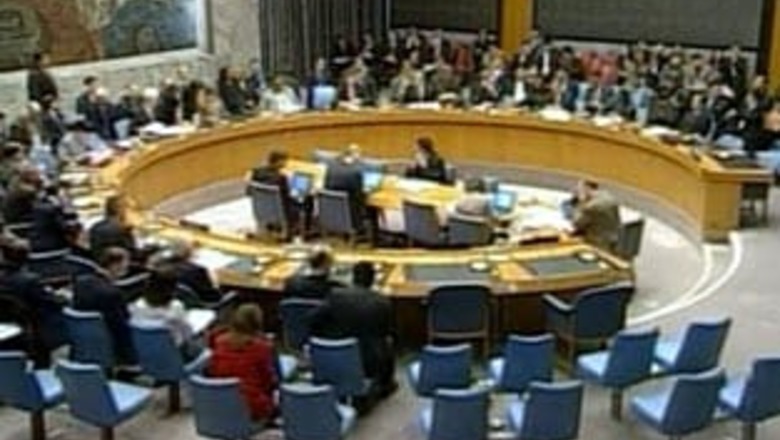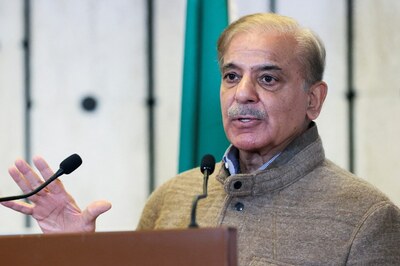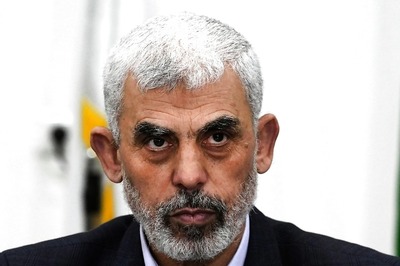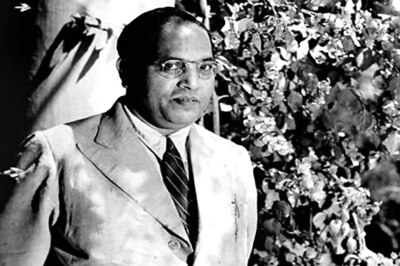
views
Vienna: North Korea on Wednesday ordered International Atomic Energy Agency inspectors to leave the country and told the IAEA it would resume making bomb-grade plutonium, the UN nuclear watchdog said.
Pyongyang acted after declaring it would leave six-party talks on completing nuclear disarmament in the country and reactivate a plant that makes bomb-grade plutonium in response to a UN rebuke over its launching of a long-range rocket.
''(North Korea) has on Wednesday informed IAEA inspectors in the Yongbyon facility that it is immediately ceasing all cooperation with the IAEA,'' a UN nuclear watchdog spokesman, Marc Vidricaire, said in a statement.
''It has requested the removal of all containment and surveillance equipment, following which, IAEA inspectors will no longer be provided access to the facility,'' he said.
Vidricaire said the small inspection team had been ordered out of the country ''at the earliest possible time''.
This was expected to happen on Thursday, a senior diplomat close to the IAEA was quoted by news agency Reuters as saying. There are four monitors - two now at Yongbyon and two others in transit, he said.
North Korea further had told the Vienna-based IAEA that it had decided to revive all its Yongbyon facilities including the reprocessing plant that turns spent fuel rods into plutonium, the kernel of its atomic bomb programme.
Nuclear experts have said North Korea could have the plant up and running again in as little as three months.
Pyongyang previously evicted IAEA monitors from the plutonium plant last September, only to readmit them in October after cutting a deal with Washington that temporarily finessed disputes over steps to verify the denuclearization process.
PARALYSED PROCESS
But subsequent attempts to reinvigorate talks aimed at completing the staged disarmament process did not get off the ground, with repeated North Korean threats to pull out.
Pyongyang called off the talks after the Security Council chastised it over the rocket launch the North Koreans described as a peaceful inauguration of a satellite but which others believe was a disguised ballistic missile test.
The Security Council unanimously condemned the long-range rocket firing on April 5 as contravening a UN ban and demanded that existing sanctions against the mercurial Stalinist state be fully enforced.
North Korea began taking apart its Soviet-era Yongbyon complex more than a year ago as a part of a disarmament-for-aid agreement it reached with China, Japan, Russia, South Korea and the United States.
Pyongyang readmitted IAEA non-proliferation monitors in mid-2007 to verify its dismantling of Yongbyon, four years after expelling UN watchdog personnel following US accusations that it had a secret uranium-enrichment programme.
North Korea then walked out of the global Non-Proliferation Treaty, which is safeguarded by IAEA inspections. In 2005, North Korea said for the first time it had nuclear arms capability and in 2006 tested a plutonium nuclear device.
Yongbyon consisted of a 5-megawatt reactor, a fuel fabrication facility and a plutonium reprocessing plant, where weapons-grade material could be extracted from spent fuel rods.


















Comments
0 comment